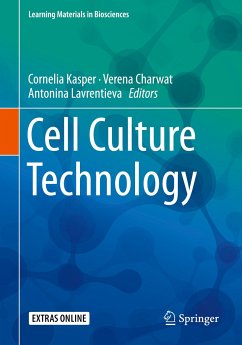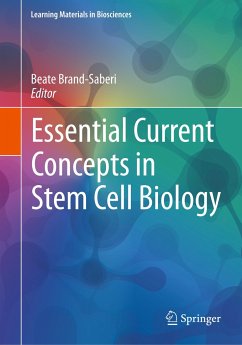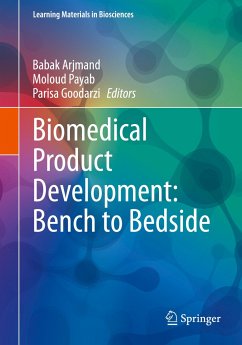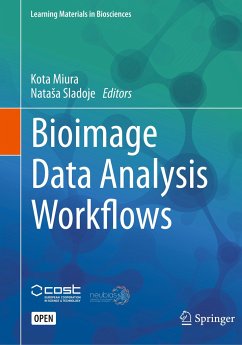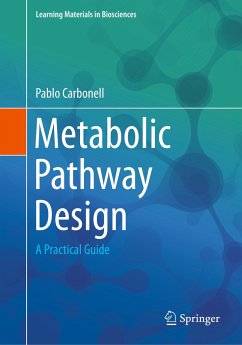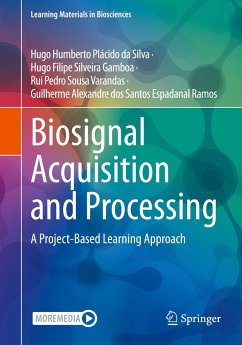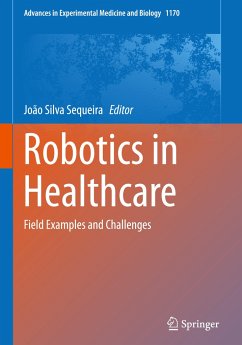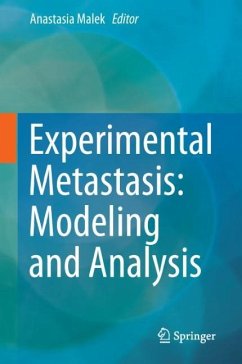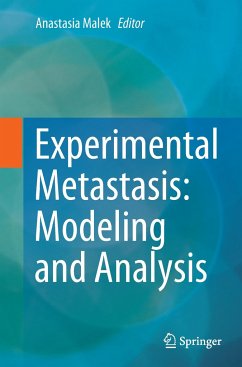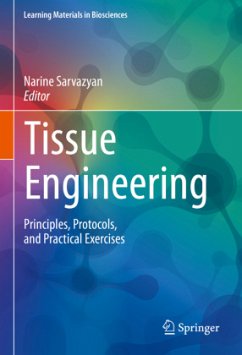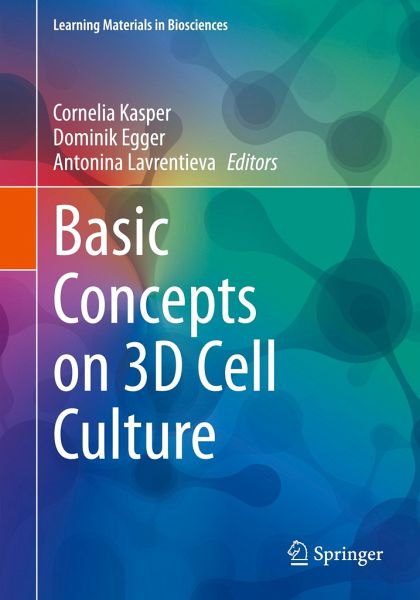
Basic Concepts on 3D Cell Culture

PAYBACK Punkte
31 °P sammeln!
This textbook shall introduce the students to 3D cell culture approaches and applications. An overview on existing techniques and equipment is provided and insight into various aspects and challenges that researchers need to consider and face during culture of 3D cells is given.The reader will learn the importance of physiological cell, tissue and organ models and gains important knowledge on 3D analytics.This textbook deepens selected aspects of the textbook "Cell Culture Technology", which also is published in this series, while offering extended insight into 3D cell culture. The concept of ...
This textbook shall introduce the students to 3D cell culture approaches and applications. An overview on existing techniques and equipment is provided and insight into various aspects and challenges that researchers need to consider and face during culture of 3D cells is given.
The reader will learn the importance of physiological cell, tissue and organ models and gains important knowledge on 3D analytics.
This textbook deepens selected aspects of the textbook "Cell Culture Technology", which also is published in this series, while offering extended insight into 3D cell culture. The concept of the textbook encompasses various lectures ranging from basics in cell cultivation, tissue engineering, biomaterials and biocompatibility, in vitro test systems and regenerative medicine. The textbook addresses Master- and PhD students interested and/or working in the field of modern cell culture applications and will support the understanding of theessential strategies in3D cell culture and waken awareness for the potentials and challenges of this application.
The reader will learn the importance of physiological cell, tissue and organ models and gains important knowledge on 3D analytics.
This textbook deepens selected aspects of the textbook "Cell Culture Technology", which also is published in this series, while offering extended insight into 3D cell culture. The concept of the textbook encompasses various lectures ranging from basics in cell cultivation, tissue engineering, biomaterials and biocompatibility, in vitro test systems and regenerative medicine. The textbook addresses Master- and PhD students interested and/or working in the field of modern cell culture applications and will support the understanding of theessential strategies in3D cell culture and waken awareness for the potentials and challenges of this application.



